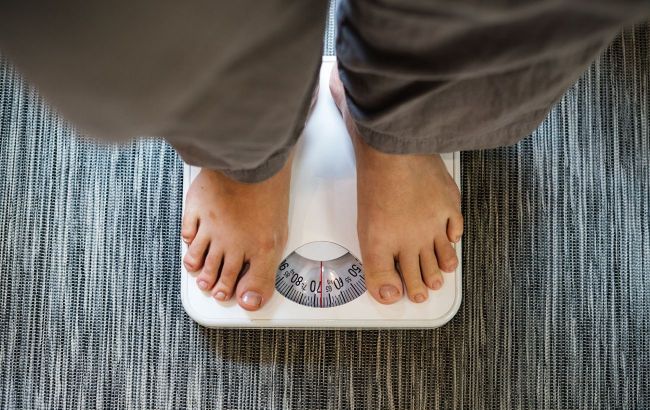Weight loss made easy: 7 simple steps, no diet required
 Photo: How to lose weight without diets (freepik.com)
Photo: How to lose weight without diets (freepik.com)
If you want to lose weight, all you need to do is change a few daily habits, and the weight will start to drop on its own.
Strona Zdrowia, explains how to do this comfortably.
How to lose weight without dieting?
If you dream of losing weight without restrictive diets or intense workouts, start by changing your daily habits. These small steps combined can yield results that exceed your expectations.
By following the seven habits outlined below, you can expect gradual and effective weight loss.
Add apple cider vinegar to your morning routine
Scientific studies confirm that adding apple cider vinegar to meals lowers their glycemic index, helping the body better utilize the energy from food. Additionally, acetic acid helps reduce blood glucose spikes. A recent study found that young people who took 15 ml of apple cider vinegar every morning for three months lost 8 kg more than those who didn't.
Remember protein and fiber
A balanced diet should include not only a portion of vegetables or fruits but also an appropriate amount of protein (either plant-based or animal-based). This helps you feel fuller for longer and reduces the urge to snack. It's also essential to ensure you're getting enough fiber, which regulates digestion, nourishes gut microbiota, and supports weight loss and maintaining a slim figure.
Pay attention to portion size
We often misjudge the correct portion size. We might eat too small meals, leading to hunger and snacking, or too large portions, which doesn't help with weight management. It's advisable to determine your exact calorie needs with a nutritionist, as they depend on age, gender, height, weight, and physical activity.
The average calorie requirement is estimated to be 2,000-2,500 calories, divided into: breakfast (300-500 calories), second breakfast (200-300 calories), lunch (500-700 calories), afternoon snack (200-300 calories), and dinner (400-600 calories).
Eat regularly and avoid snacking
To lose weight effectively, it's important to consider not just what you eat but also when you eat. It's best to eat at regular intervals, roughly every 3-4 hours, depending on the number of meals per day.
Regular intervals help regulate digestion and metabolism and reduce the desire to snack. If you need to snack, opt for something like nuts or almonds, but keep in mind that one serving should not exceed 100-200 calories.
Exercise after meals
Research shows that 20 minutes of physical activity after meals has the same effect on digestion as digestive aids. The habit of taking a short walk after eating also helps regulate blood glucose levels, which rise 60-90 minutes after meals. Moving shortly after eating can prevent excessive glucose spikes, improving energy levels and mood.
Establish a regular exercise routine
The World Health Organization (WHO) recommends an active lifestyle, including at least 150 minutes of moderate-intensity aerobic exercise or 75 minutes of vigorous aerobic exercise per week.
Aerobic exercises include walking, running, swimming, cycling, or dancing. If you're new to exercise, start gradually, for example, by doing 20-25 minutes daily. Adjust the intensity to your ability and appreciate each effort and progress you make.
Stay hydrated
For our bodies to function properly, it's essential to consume an adequate amount of water. Women should drink at least 2.8 liters daily, and men should aim for 3.8 liters. Water also helps flush out waste products and reduces appetite.
Rest and sleep
Proper rest is often underestimated in the context of weight loss. When we're stressed, sad, or tired, we're more likely to reach for unhealthy snacks. We also have less energy and motivation for physical activity.
A stressed, fatigued body that produces too much cortisol, the stress hormone, may start storing fat instead of losing weight, particularly around the abdomen. Therefore, it's important to prioritize rest and sleep as much as mealtime.
Earlier, we wrote about a superfood that reduces inflammation and strengthens the immune system.
This material is for informational purposes only and should not be used for medical diagnosis or self-treatment. Our goal is to provide readers with accurate information about symptoms, causes, and methods of detecting diseases. RBС-Ukraine is not responsible for any diagnoses that readers may make based on materials from the resource. We do not recommend self-treatment and advise consulting a doctor in case of any health concerns.

